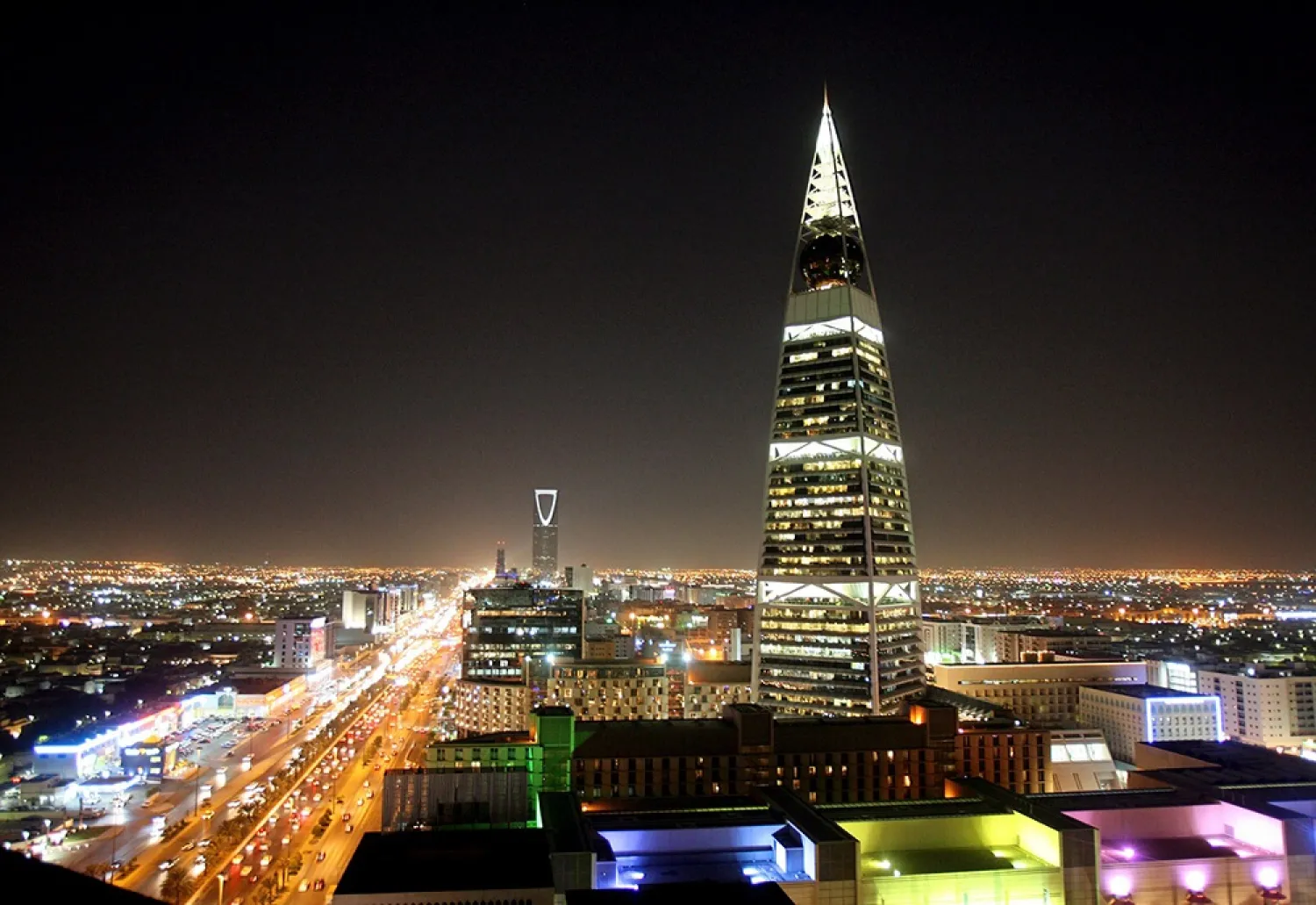Saudi Arabia ranked first among the G20 member states in digital competitiveness in the last three years, revealed the World Competitiveness Report, released by the European Center for Digital Competitiveness.
The report was based on the World Economic Forum's report in this regard.
Such an achievement is the product of the support and leadership of Custodian of the Two Holy Mosques King Salman bin Abdulaziz and Crown Prince Mohammed bin Salman, Deputy Prime minister and Minister of Defense.
Their backing of the communications and information technology sector allowed the Kingdom to make a significant leap in digitally-administered infrastructure, promoting digital potentials and huge digital enterprises and projects and applying digital laws and regulations.
The report assessed the steps and achievements in the digital shift environment, including venture capital investments, ease of doing business and the digital skills of the youth. It also tackled readiness to adopt and adapt to the digital shift and innovation in the work force, readiness to lead with entrepreneur ventures, promote innovative ideas at businesses.









